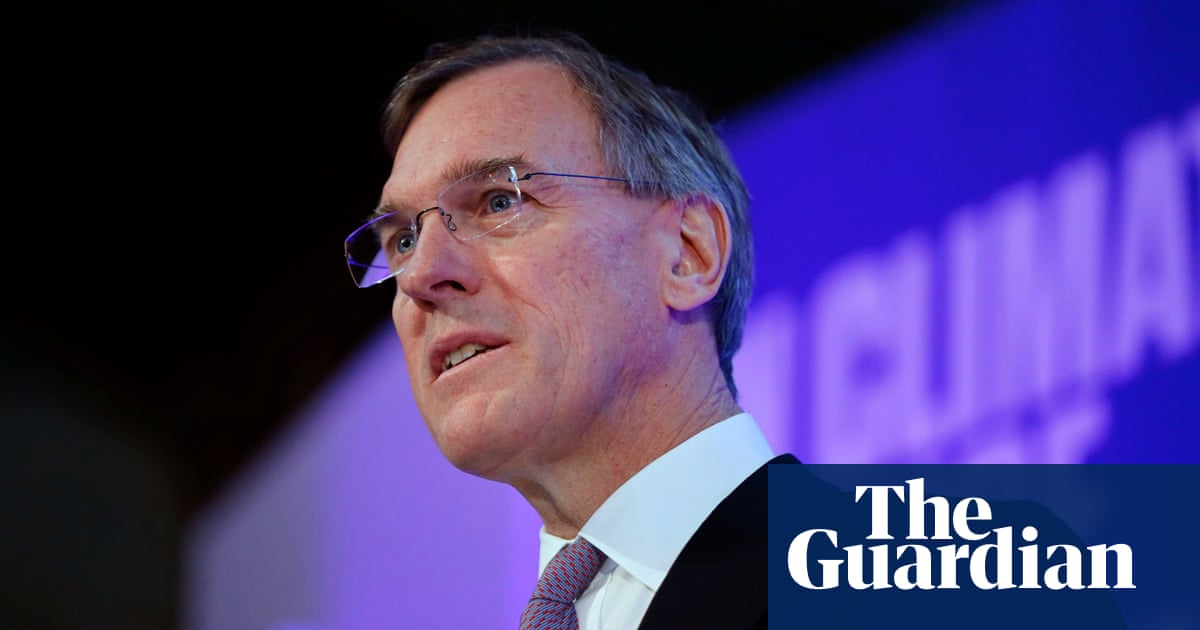Goldman Sachs has told hundreds of its top UK bankers that it is eradicating a cap on bonuses, in a move that will allow its star performers to earn up to 25 times their annual salary.
Richard Gnodde, chief executive of Goldman Sachs International, made the announcement during a video message to staff on Thursday. It comes months after UK regulators confirmed they were formally scrapping EU rules that previously limited bonuses to twice an individual’s base salary. UK lenders including HSBC, Barclays and NatWest are planning to follow suit.
Gnodde said in the video that ending the UK cap would help level the playing field across its international workforce. “We are a global firm and to the extent possible we adopt a consistent global approach across everything we do. The bonus cap rules were an important factor preventing us from being consistent in the area of compensation.”
He said Goldman had advocated for changes that would give banks the flexibility of weighting payouts more heavily towards bonuses rather than fixed salaries. The move gives lenders more control over staff pay, depending on performance. It will also be easier to defer pay, and potentially claw back bonuses from bankers when things go wrong.
The changes will apply to hundreds of Goldman’s 6,000 UK staff – known as material risk takers – who will now be able to earn up to 25 times their salaries in bonuses.
“Going forward, we will be aligning UK material risk takers’ compensation mix more closely with the firm’s global compensation principles – meaning lower fixed pay, but a higher proportion of discretionary compensation,” Gnodde said.
“This also reflects the prudential objective of our regulators,” he added.
The change will not apply to Goldman’s EU-based bankers, and unlike UK regulators, American watchdogs do not require any guidance on maximum payouts.
The bonus cap was originally part of changes introduced after the 2007-08 banking crash, and aimed to stamp out a bonus culture blamed for encouraging short-term profits over longer-term stability. The hope was that, with less of an individual’s pay riding on performance, there would be a lower incentive for risky behaviour.
However, they were opposed by some UK politicians as well as the Bank of England, who argued that the clampdown would make it harder to attract skilled bankers, who would instead flee to rival hubs in New York, Singapore or Zurich. The then chancellor, George Osborne, tried to overturn the measure at the European court of justice in 2014.
after newsletter promotion
Former chancellor Kwasi Kwarteng then took advantage of Britain’s exit from the EU, and announced plans to scrap the cap in September 2022. The changes were later approved by his successor, Jeremy Hunt, with regulators formalising the change in November last year.
Goldman said in a statement: “This approach gives us greater flexibility to manage fixed costs through the cycle and pay for performance. It brings the UK closer to the practice in other global financial centres, to support the UK as an attractive venue for talent.”

